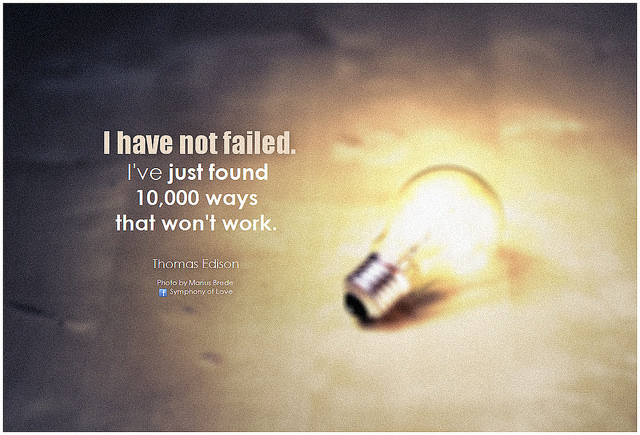In today’s times, fierce competition exists in the field of science and technology for positions like Ph.D. or research assistantships. Hence, gaining such a coveted place in a new lab is indeed a moment of exultation for any student. However, it is extremely important that before we embark upon this new journey, we make some enquiries for our own sake!
I believe that it is definitely worthwhile considering a few concrete factors before joining any establishment where we could be spending a lot of our time and energy. I have come across friends who joined labs only to find out that they were not what they were looking for and left after a year or more disappointed. To avoid this disappointment, here are some key factors that are very helpful to consider to help make a sound decision about any lab.
1. The Attitude of the Professor and PI
A Ph.D. student has to spend about 4-5 years in the lab, in close contact with the Professor who is leading the team and sometimes also the PI in-charge of the project. Therefore, it is crucial that you like the person you work with and trust them. It is also important to remember that a good scientist may not essentially be a particularly nice human being. Research is a time consuming endeavor and events may occur in that span of time that affect your work and personal life. It is during these testing times that you need a leader, a mentor, who is understanding and supportive.
2. Rate of publications
There is a common saying used in scientific circles, “Publish or Perish”. If you want a successful career in science, it is important that you have a good number of high quality publications, especially if you want to remain in academic research. Some labs have a great reputation for publications while others lag behind. Of course, there may be a number of reasons for this, but, in the end, it’s your career which will benefit or suffer. Hence, it is helpful to find out the rate of publication of a prospective groups before applying. An easy way to do it is to simply search the group leader or Professor on Pubmed to see a list of their publications. Another more accurate way to examine the quality of their publications is to find out the H-index of the senior author which is a measure of the productivity and citation impact of a scientist’s publications.
3. Average time for Ph.D. within a group
There is generally a normal time frame for getting a Ph.D. degree within a particular lab or institute. This can vary hugely. For instance, I know of certain Institutes where the limit is 3.5 years compared to others where 5-6 years is considered normal. Moreover, certain Professors like their students to work for longer periods. I still remember a time when I wanted to join the lab of a particular Professor and was strongly advised against it since the average time to completion in his group was 6-7 years! I am happy I asked around, got the right information in advance, and made a sound decision.
4. Funding resources
This is one of the most crucial factors. If your scholarship ends, but your thesis isn’t finished, does your lab have the finances to support you through to the end? Some team leaders might outright deny this; some simply might not have the funds available, leaving you to find a way to sustain your studies and life without financial support. This isn’t a pretty picture. In particular for international students in countries far away from home and family, this might be a very important factor to keep in mind. I know a student who had to quit his research of 2 years and move country to join a new lab just because his lab had no funding left and he was not informed about it earlier.
5. Placement of former students
Another crucial factor is to find out how well placed are the former students belonging to a certain research group. The recruitment history of former employees or students in any team also gives an overall idea of how well known and reputed a research team is.
6. Diversity in the lab
If you are an international student who wants to work in a friendly open atmosphere in a foreign land, a very good sign of such a place would be to see how many international members the team already has. The diversity of any organization says a lot about the team leader and the work ethos of the place.
7. Interest in your subject
Of course this is the most crucial factor, you must like the topic enough to follow it passionately and achieve your doctorate! How much are you actually interested in the subject? Does it entice you enough that you would want to spend a good 3-5 years of your life researching it?
Research involves a lot of hard work, patience, dedication and determination. Self-motivation is the crux to go on in research, which is why you may also like to check out our article on how to stay motivated during trying time.
So, if you are looking for a lab based Ph.D. position we hope you will keep these points in mind so you are better prepared and well aware of what you are getting into. Do add more tips you think will help in the comments section below!






